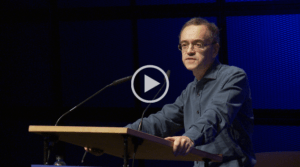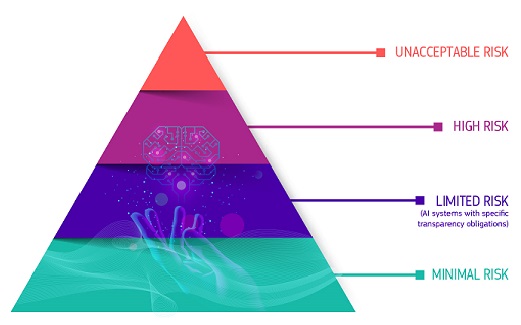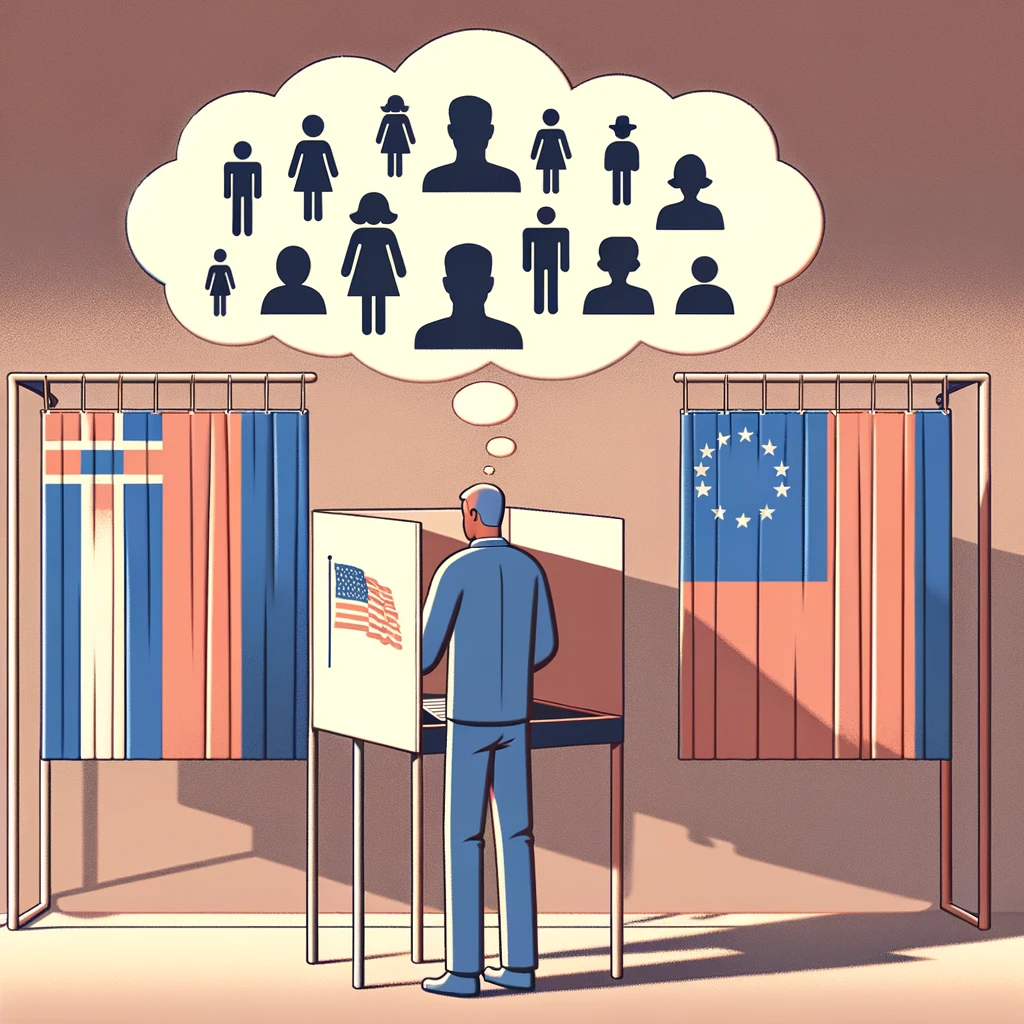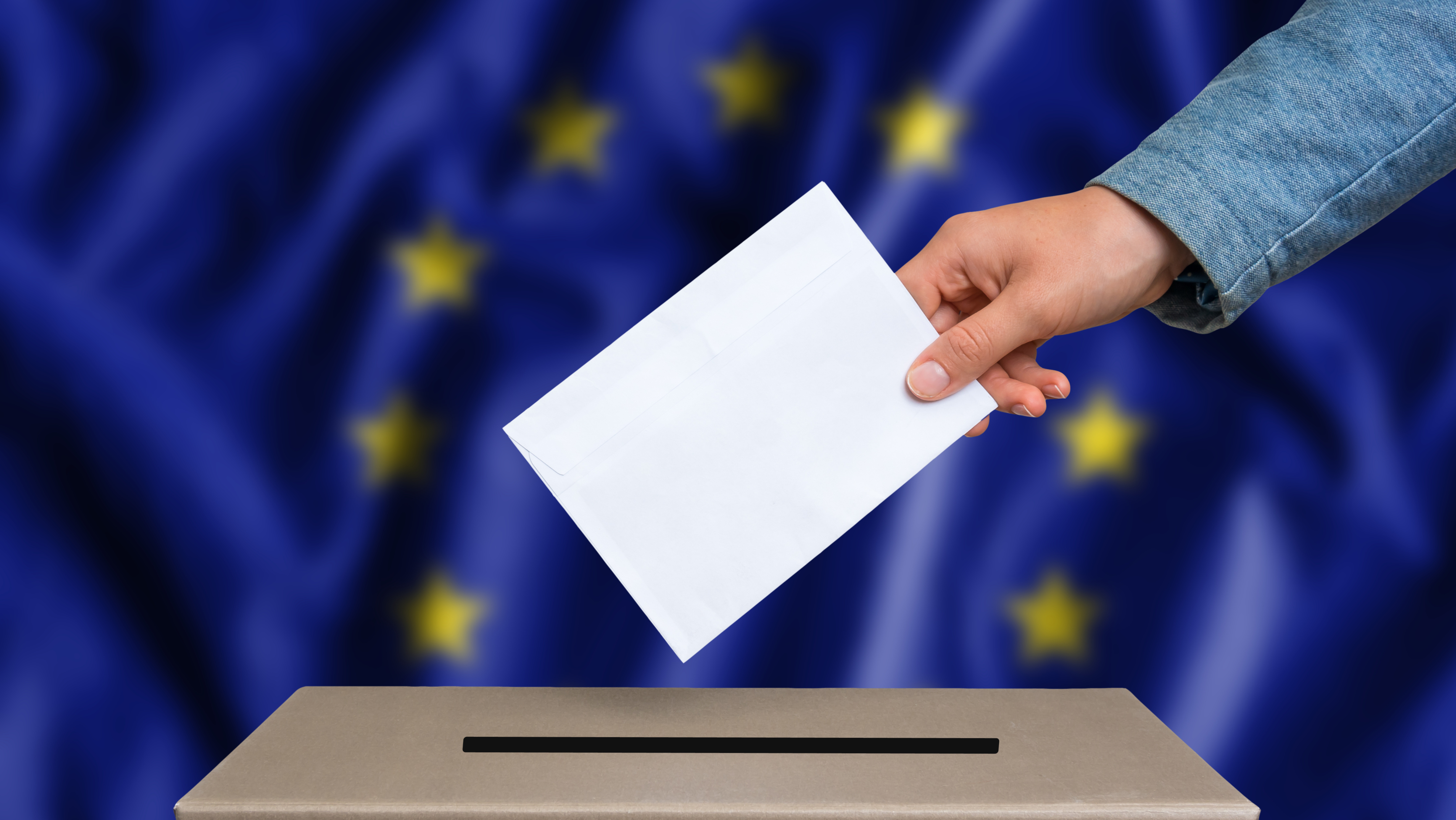 Pay Attention to Distractions
Pay Attention to Distractions
Transcript of Paolo’s Impulse Speech
Council of Europe 4th Platform Exchange on Digitisation and Culture, Karlsruhe, 19-20 October 2017
“Good afternoon, I was ready to talk about media literacy. I prepared a presentation with slides, it was linear and clear. But also, a bit predictable and possibly boring.
But in light of this morning’s exchanges, and because of the conversation I have had with Jaroslav at the table, I changed my mind. You can still find tons of information about media literacy on our web site.
I will talk about a different subject. I did not prepare it much, I do not have slides and my presentation it is not very structured, therefore, please, pay attention.
In fact, it is about attention I will talk to you about. Attention and media.
Attention as one of the most valuable features human beings possess. It makes a lot of difference paying attention to something or lacking attention. Whether we focus on our worries or we are capable of noticing people smiling, like now in the front row, here.
What happens to our attention when we are online? When we are on social media, on Facebook, our time is sucked away. It seems to disappear. We are distracted, we are not in control. We all know that feeling. So, I am asking you, what is the value, the price of our attention?
It must be a lot because Facebook makes a multi-billion business with it! It grabs our eyes and re-sell it to advertisers. And we give our attention away for free! They get it for nothing and they sell it for money. This is their business model: we are the product.
Moreover, at the end of our navigation we are not even happy. Our excitement and pleasant feelings were very brief. They did not stick, just like food on a Teflon pan. I was discussing this subject with a friend Nathan, in France this summer.
Social media use sophisticated techniques to achieve their aims. One of them is to offer us a narrow menu to choose from. We have the illusion to choose but we don’t. It is like being in a shop where only two products are on sale!
Politics often use similar marketing techniques. We have to choose between Kim Jong-un in North Korea and Donald Trump. Or between Trump and Clinton. Two terrible options for democracy! A teacher or a taxi driver must demonstrate their competences before getting their licence to teach, to drive. They need to follow courses and take exams: To drive a taxi you need a license but to run a country you need nothing! So, people driving our countries are quite terrible sometimes.
We are living in a sick society. There is a malfunctioning of the political system. Disaffection from citizens to their political representatives. It should not be difficult to understand why.
Years ago, I was asking whether the interests of our politicians were compatible with the interests of the people they are supposed to represent. Or, in fact, are those interests antagonists?
The same applies to social media: And I’m asking you, are the interests of FB compatible with our interests? With the interest of citizens?
We need a radical change and to reactivate hopes. To invest in the only asset, we have: Our citizens, our people. And in twenty-years’ time, looking back, today will look like the stone age of communication and democracy.
Very last provocation: Why should our political representatives not get a license to be eligible? Why should they not first demonstrate their competence and honesty?
Thank you.” Paolo Celot
 Pay Attention to Distractions
Pay Attention to Distractions
Transcript of Paolo’s Impulse Speech
Council of Europe 4th Platform Exchange on Digitisation and Culture, Karlsruhe, 19-20 October 2017
“Good afternoon, I was ready to talk about media literacy. I prepared a presentation with slides, it was linear and clear. But also, a bit predictable and possibly boring.
But in light of this morning’s exchanges, and because of the conversation I have had with Jaroslav at the table, I changed my mind. You can still find tons of information about media literacy on our web site.
I will talk about a different subject. I did not prepare it much, I do not have slides and my presentation it is not very structured, therefore, please, pay attention.
In fact, it is about attention I will talk to you about. Attention and media.
Attention as one of the most valuable features human beings possess. It makes a lot of difference paying attention to something or lacking attention. Whether we focus on our worries or we are capable of noticing people smiling, like now in the front row, here.
What happens to our attention when we are online? When we are on social media, on Facebook, our time is sucked away. It seems to disappear. We are distracted, we are not in control. We all know that feeling. So, I am asking you, what is the value, the price of our attention?
It must be a lot because Facebook makes a multi-billion business with it! It grabs our eyes and re-sell it to advertisers. And we give our attention away for free! They get it for nothing and they sell it for money. This is their business model: we are the product.
Moreover, at the end of our navigation we are not even happy. Our excitement and pleasant feelings were very brief. They did not stick, just like food on a Teflon pan. I was discussing this subject with a friend Nathan, in France this summer.
Social media use sophisticated techniques to achieve their aims. One of them is to offer us a narrow menu to choose from. We have the illusion to choose but we don’t. It is like being in a shop where only two products are on sale!
Politics often use similar marketing techniques. We have to choose between Kim Jong-un in North Korea and Donald Trump. Or between Trump and Clinton. Two terrible options for democracy! A teacher or a taxi driver must demonstrate their competences before getting their licence to teach, to drive. They need to follow courses and take exams: To drive a taxi you need a license but to run a country you need nothing! So, people driving our countries are quite terrible sometimes.
We are living in a sick society. There is a malfunctioning of the political system. Disaffection from citizens to their political representatives. It should not be difficult to understand why.
Years ago, I was asking whether the interests of our politicians were compatible with the interests of the people they are supposed to represent. Or, in fact, are those interests antagonists?
The same applies to social media: And I’m asking you, are the interests of FB compatible with our interests? With the interest of citizens?
We need a radical change and to reactivate hopes. To invest in the only asset, we have: Our citizens, our people. And in twenty-years’ time, looking back, today will look like the stone age of communication and democracy.
Very last provocation: Why should our political representatives not get a license to be eligible? Why should they not first demonstrate their competence and honesty?
Thank you.” Paolo Celot
 Pay Attention to Distractions
Pay Attention to Distractions
Transcript of Paolo’s Impulse Speech
Council of Europe 4th Platform Exchange on Digitisation and Culture, Karlsruhe, 19-20 October 2017
“Good afternoon, I was ready to talk about media literacy. I prepared a presentation with slides, it was linear and clear. But also, a bit predictable and possibly boring.
But in light of this morning’s exchanges, and because of the conversation I have had with Jaroslav at the table, I changed my mind. You can still find tons of information about media literacy on our web site.
I will talk about a different subject. I did not prepare it much, I do not have slides and my presentation it is not very structured, therefore, please, pay attention.
In fact, it is about attention I will talk to you about. Attention and media.
Attention as one of the most valuable features human beings possess. It makes a lot of difference paying attention to something or lacking attention. Whether we focus on our worries or we are capable of noticing people smiling, like now in the front row, here.
What happens to our attention when we are online? When we are on social media, on Facebook, our time is sucked away. It seems to disappear. We are distracted, we are not in control. We all know that feeling. So, I am asking you, what is the value, the price of our attention?
It must be a lot because Facebook makes a multi-billion business with it! It grabs our eyes and re-sell it to advertisers. And we give our attention away for free! They get it for nothing and they sell it for money. This is their business model: we are the product.
Moreover, at the end of our navigation we are not even happy. Our excitement and pleasant feelings were very brief. They did not stick, just like food on a Teflon pan. I was discussing this subject with a friend Nathan, in France this summer.
Social media use sophisticated techniques to achieve their aims. One of them is to offer us a narrow menu to choose from. We have the illusion to choose but we don’t. It is like being in a shop where only two products are on sale!
Politics often use similar marketing techniques. We have to choose between Kim Jong-un in North Korea and Donald Trump. Or between Trump and Clinton. Two terrible options for democracy! A teacher or a taxi driver must demonstrate their competences before getting their licence to teach, to drive. They need to follow courses and take exams: To drive a taxi you need a license but to run a country you need nothing! So, people driving our countries are quite terrible sometimes.
We are living in a sick society. There is a malfunctioning of the political system. Disaffection from citizens to their political representatives. It should not be difficult to understand why.
Years ago, I was asking whether the interests of our politicians were compatible with the interests of the people they are supposed to represent. Or, in fact, are those interests antagonists?
The same applies to social media: And I’m asking you, are the interests of FB compatible with our interests? With the interest of citizens?
We need a radical change and to reactivate hopes. To invest in the only asset, we have: Our citizens, our people. And in twenty-years’ time, looking back, today will look like the stone age of communication and democracy.
Very last provocation: Why should our political representatives not get a license to be eligible? Why should they not first demonstrate their competence and honesty?
Thank you.” Paolo Celot






















































































































































